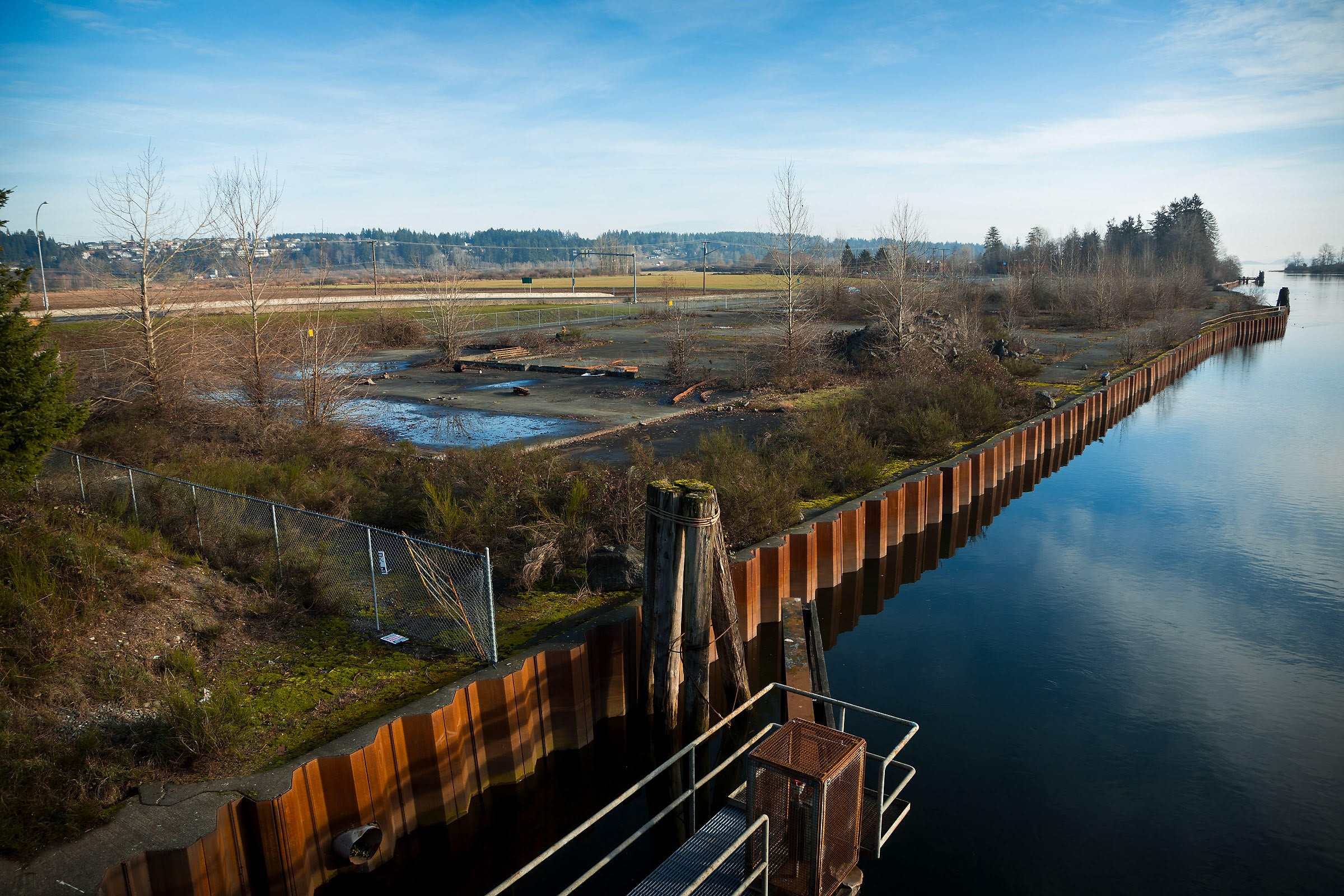The province is investing funds into watershed and wetlands projects across B.C., including on Vancouver Island.
Through BC’s Economic Recovery Plan, $27 million is going to about 70 initiatives.
The Kus-kus-sum project in Courtenay is getting $700,000.
New Democrat MLA Ronna-Rae Leonard says that funding will help restore wetlands while creating 40 jobs and protecting the natural environment for future generations at Kus-kus-sum.
“Kus-kus-sum is an incredibly important project for our community and I’m so excited to see us building on our previous commitments to continue this project,” said Leonard, the MLA for Courtenay-Comox. “This additional funding will support the strong partnerships we’ve built over the years and enable the K’omoks First Nation, the Comox Valley Project Watershed Society and community partners to continue the vital work of turning the old mill site into a place where local wildlife can once again thrive.”
The Comox Valley Project Watershed Society, in partnership with K’omoks First Nation and the City of Courtenay, is dismantling and restoring Kus-kus-sum, a former sawmill site on the Courtenay River, to its native estuary saltmarsh and riverside forest.
The project was awarded $1 million in 2019 and $650,000 in 2020 and this announcement builds on those investments.
Restoration of this site will benefit at least nine fish species, 145 bird species, and 281 plant species. The first phase of this project will support at least 40 jobs.
The province says the $27 million investment will “ensure B.C.’s waterways stay healthy and resilient in a changing climate, while at the same time stimulating economic recovery by creating 750 new jobs.”
The projects were identified by Watersheds BC in collaboration with partners throughout the province. Many projects are either being led by or implemented in partnership with Indigenous communities.
Scheduled for completion by December 2021, the projects will take place in or near rural, urban and Indigenous communities hit hard by COVID-19. The projects include:
- supporting the recovery of healthy and abundant fish stocks by restoring spawning and rearing habitats and improving fish passage in critical areas;
- strengthening natural carbon sinks by restoring wetlands throughout the province;
- restoring watersheds to improve the ability to mitigate and adapt to climate change; and
- providing natural flood management and prevention by restoring riparian areas and stabilizing riverbanks.
The projects were identified by Watersheds BC in collaboration with partners throughout the province. Many projects are either being led by or implemented in partnership with Indigenous communities.
“Dła̱xsiwè (Klux-see-we) is an origin and historic village site for Kwakiuł. Today, it is the location of our campground and resort, and is regularly used for cultural purposes, including healing and ceremony,” said Sherri Labour, lands and resources manager for the Kwakiutl First Nation. “The lower reaches of Dła̱xsiwè have been severely impacted by forestry and other development, and, as a result, are extremely unstable. This funding will address emergency ocean incursion and erosion issues that have the potential to destroy the critical and unique saltwater marsh habitat that this site represents.”
To deliver the funding and manage the projects, the province has partnered with the Real Estate Foundation of BC (REFBC) to create the Healthy Watersheds Initiative.
Restoration of Kwakiutl Cluxewe River and estuary
Another project is the restoration of the Kwakiutl Cluxewe River and estuary.
Located near Port McNeill, the Cluxewe River and estuary is home to several species of fish and hundreds of waterfowl, and was once considered a world-class fly-fishing river.
It also has significant historical and cultural values for the Kwakiutl First Nation.
The Cluxewe River will be the focus of channel restoration initiatives, especially in the lower river and estuary where active erosion has affected fish habitat.
Instream work includes bank stabilization, riparian restoration and other potential methods to assist with stabilizing the channel to restore spawning and rearing areas.






